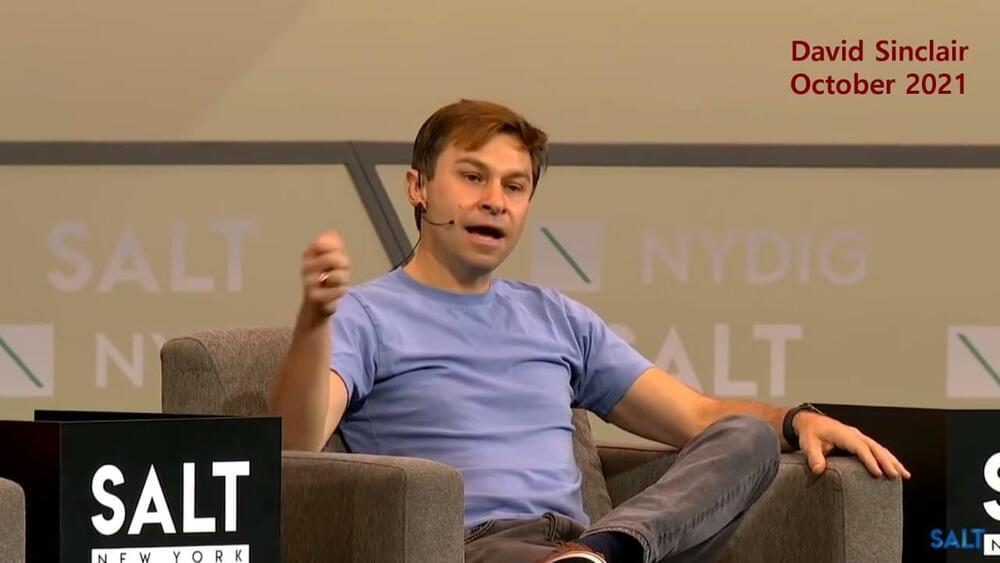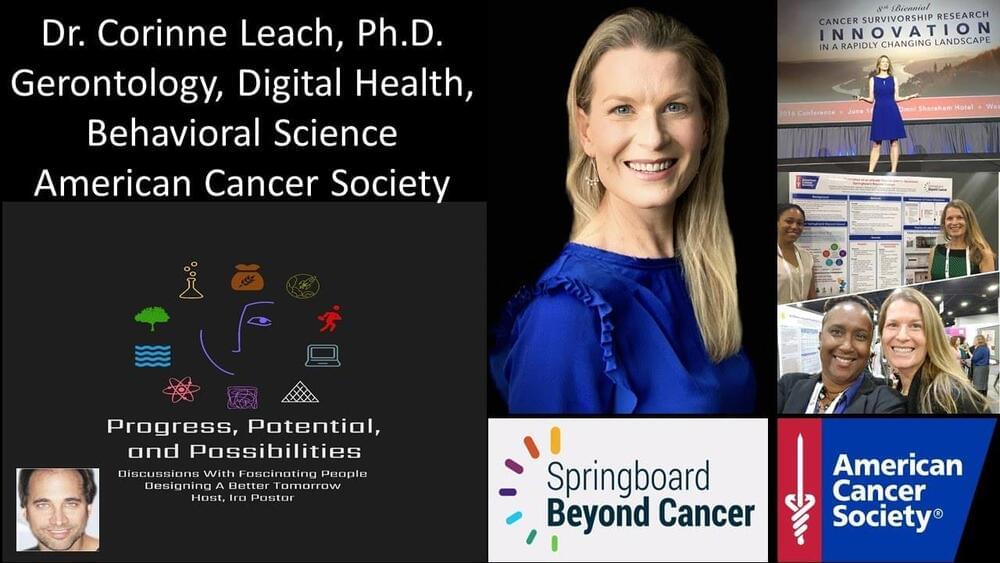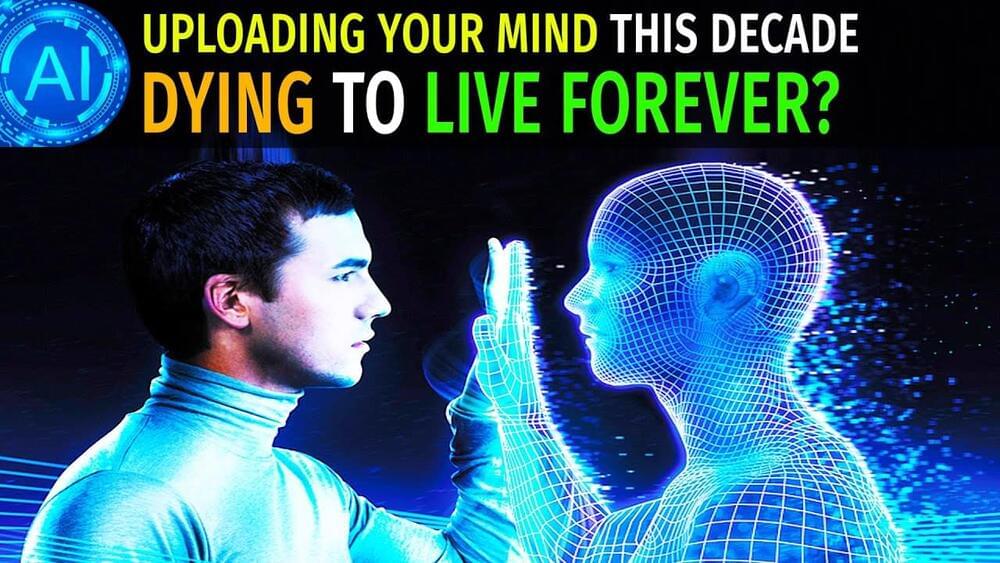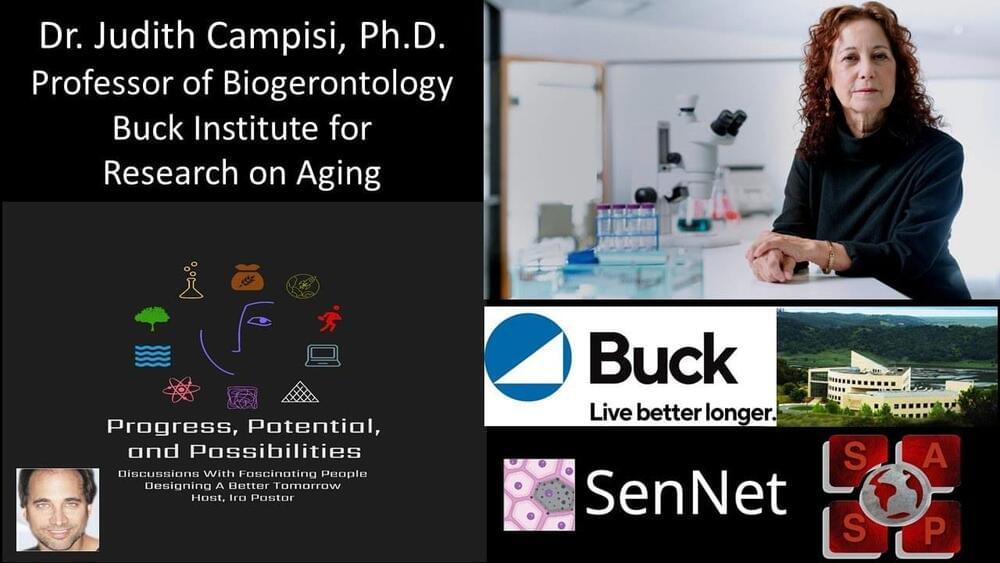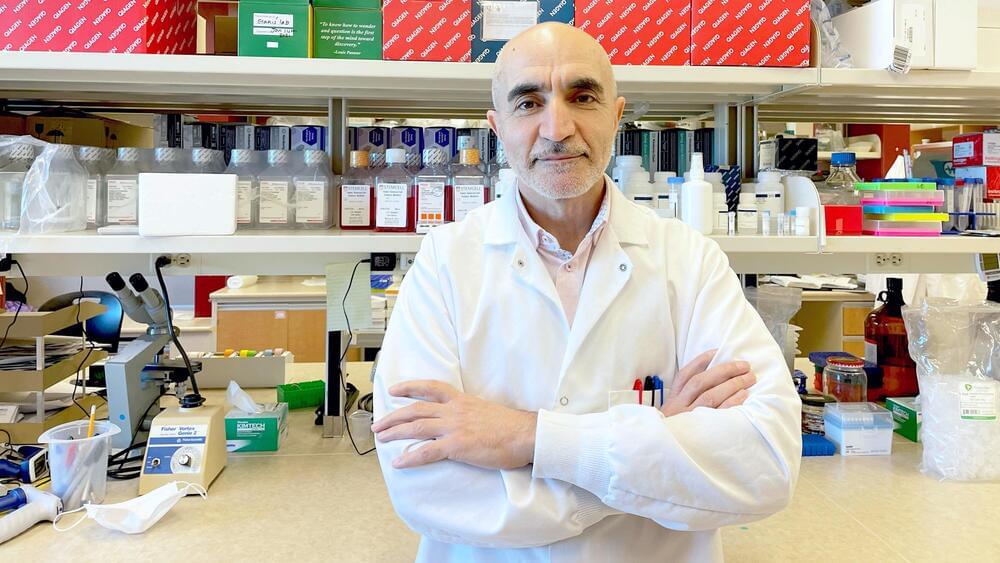Nov 14, 2021
Multivitamins, but not cocoa, bound for slower brain aging
Posted by Shubham Ghosh Roy in categories: biotech/medical, life extension, neuroscience
Taking a daily multivitamin for 3 years is associated with a 60% slower cognitive aging, with the effects particularly pronounced in patients with cardiovascular (CVD) disease, new research suggests.
In addition to testing the effect of a daily multivitamin on cognition, the COSMOS-Mind study also examined the effect of cocoa flavonols, but showed no beneficial effect.
The results “may have important public health implications, particularly for brain health, given the availability of multivitamins and minerals and their low cost and safety,” said research researcher Laura D. Baker, PhD, professor, Gerontology and Geriatric Medicine, Wake Forest School of Medicine, Winston-Salem, North Carolina.

